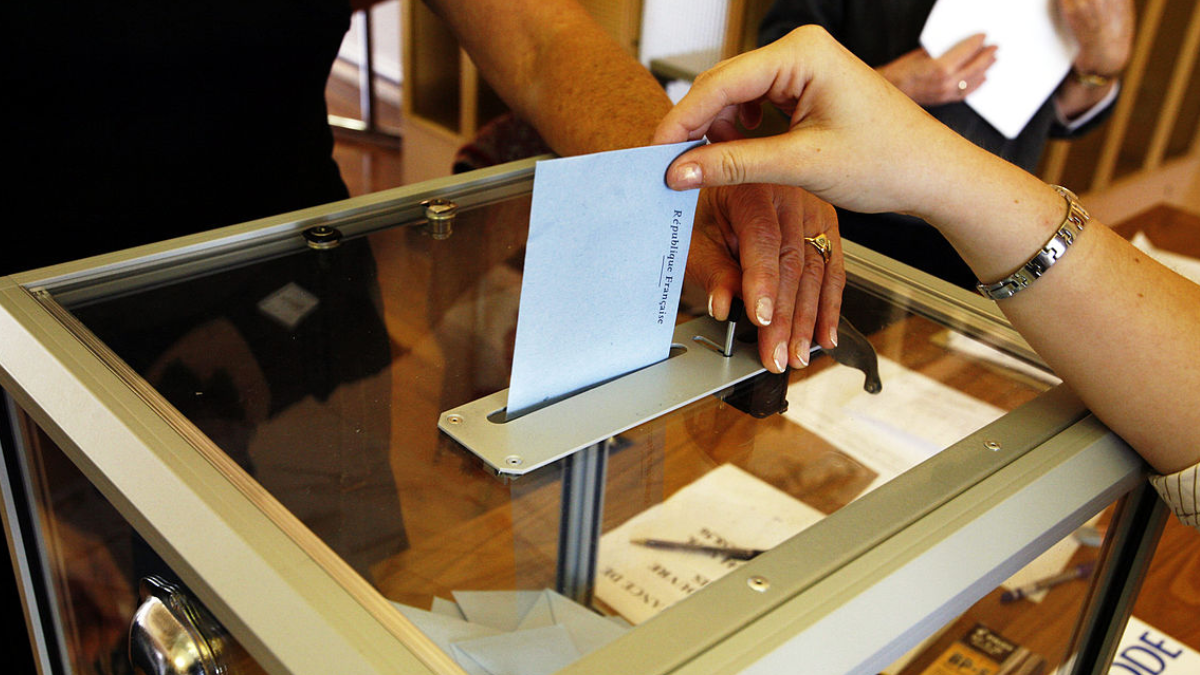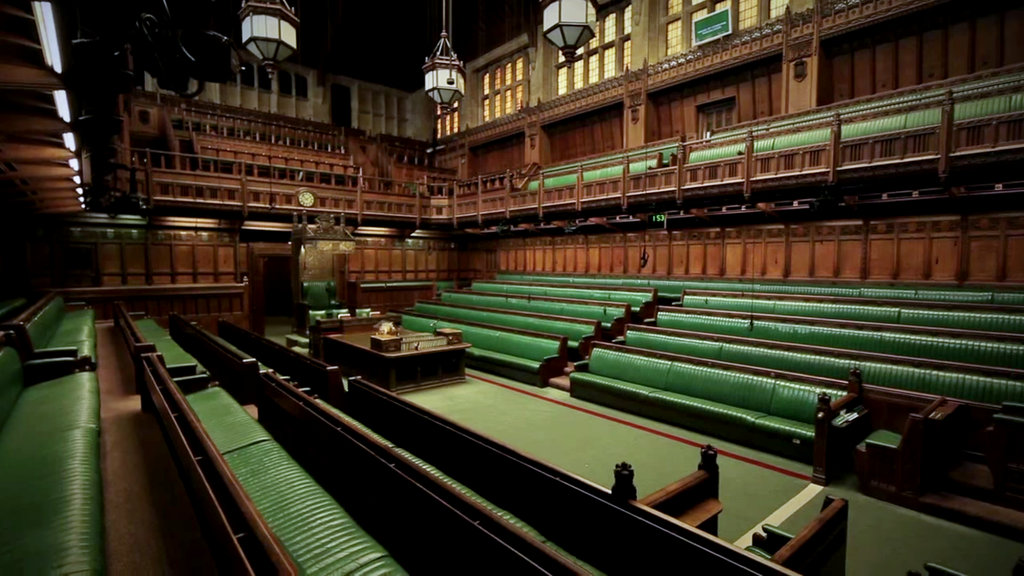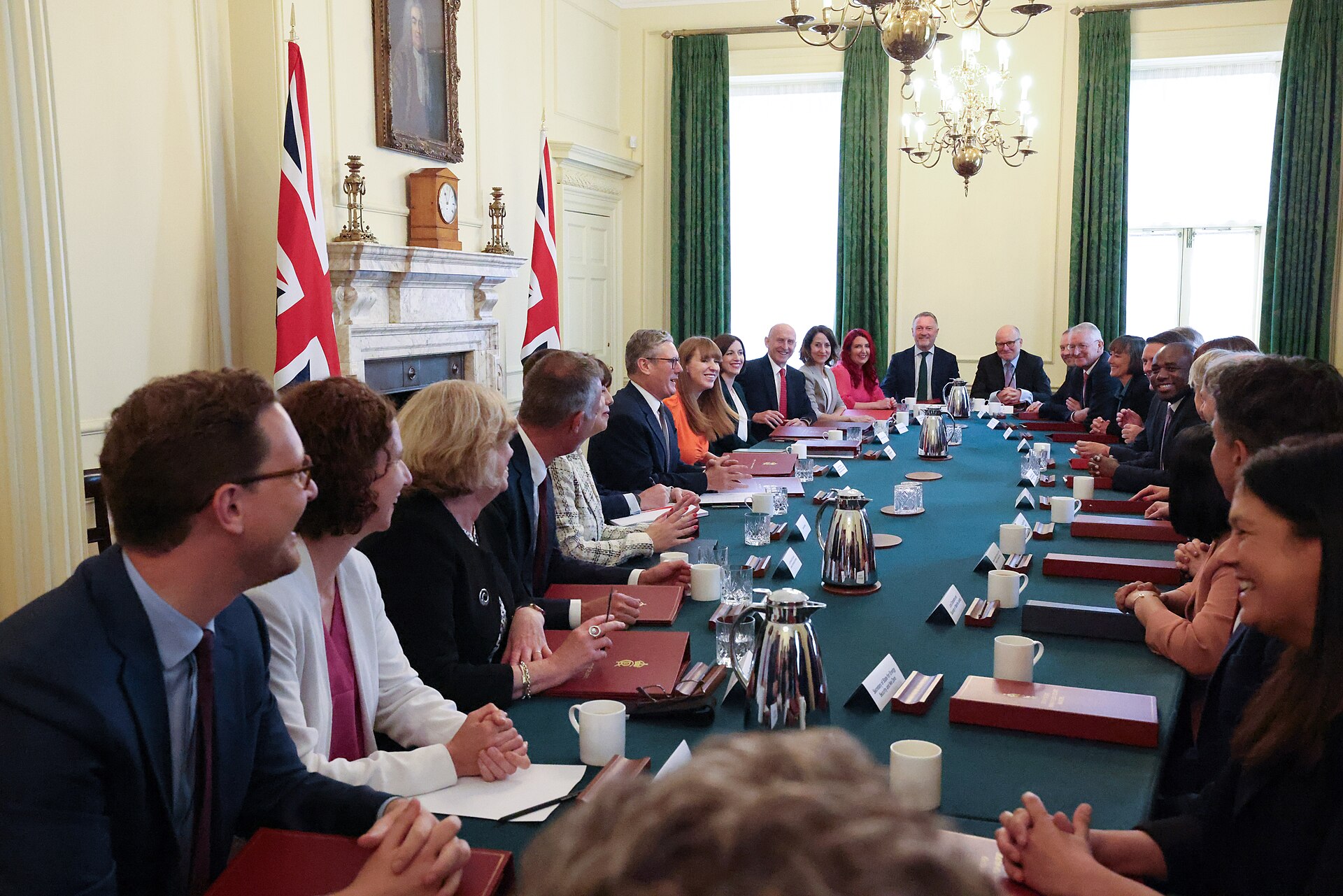Tactical voting, though clearly a factor, doesn’t go far enough to explain the scale of the losses the Tories suffered. It is clear that people who voted for Boris Johnson’s Conservatives in 2019, to ‘Get Brexit Done’, have switched to whichever party could inflict the severest kicking to the Government. Brexit is the dog that no longer barks.
Holding onto the former Prime Minister’s seat – just – gives the Conservatives something to celebrate: an unpopular Labour policy helping convince Tory voters to hold their nose and stick with the party – but it is thin gruel. As Sunak said ‘when it comes to matters of substance, people vote Conservative’.
Selby & Ainsty
Starting in Selby, a Conservative seat since its creation in 2010, Labour proved that they were able to take a seat from the Tories with voters who formed a core constituency for Boris Johnson in 2019. Notably, these voters were Brexit-supporting, socially conservative, rural voters. A majority of just over 4,000, is not high (for general election standards), but for the party to have achieved a nearly 24% swing from the Conservatives in such a seat is a remarkable feat – last seen in 1994…
When she began her campaign, the now defeated Conservative candidate Claire Holmes declared that she would work with Rishi Sunak on “our five priorities”. The trouble is, people do not know what these are. Inflation is high on the agenda for many in the community, but as Robert Hayward pointed out this week the success of a lower-than-expected reduction in inflation would likely take seven to 10 days to really cut through to voters – not early enough to swing it with some Conservative-Labour voters.
Voters across Selby frequently stated their wish to see how these five pledges applied to them. It’s a common theme across the country. Voters in Selby were clear in their apathy towards the Government, seeing a candidate who repeated the party’s approved answer when asked about the cost of living crisis – to simply blame Putin and Covid-19. When so many are struggling in this community, an answer like this will not cut it.
In focus groups conducted by Lord Ashcroft there was also scepticism surrounding the ‘local’ credentials of Holmes, a councillor representing an area nearly an hour and a half away from Selby town centre. The perception on the ground that she was a parachuted candidate from Conservative central office whose focus was on national, rather than local issues. Authenticity was key to the Conservative loss here.
Labour campaigned on the area’s “broken public transport network”, the lack of local financial support, and housing developments. The Conservatives were always going to struggle to portray their candidate as a ‘fresh start’. Another problem that the Conservatives felt particularly acutely last night was how voters migrated to Labour in response to a local ‘mortgage trap’. This symbolised a canary in the coalmine of the Conservative’s waning rural support. In Selby especially, the “mortgage trap” is seeing more and more working men and women squeezed out of the housing market and into – and in some cases, even out of – the rental property, with many opting to live with their parents.
So, perhaps in Selby it was not a case of Labour winning the seat, it was the Conservatives losing it. 13 years of incumbency means the party can no longer shift responsibility for what the people in Selby and Ainsty are confronting. Though Labour’s candidate, now MP, Keir Mather is a fresh-faced 25 year old, voters were likewise not able to see what tangible policies Labour had – 77% of the public cannot name one of Starmer’s ‘five missions’.
In Selby, voters wanted certainty from their candidates. The small margin of Mather’s victory indicates that they didn’t get that from either Conservative or Labour. The drop in support for the Conservatives – falling over 25% – was likely the result of voters wanting to drub the Government and its record over the past year. Regardless, the drop is significant, and Labour have achieved the largest swing from the Conservatives since 1994 – and we all know what happened just years after in 1997.
Uxbridge & South Ruislip
Moving on to Uxbridge & South Ruislip, a seat also created for the 2010 general election and always held by the Conservatives.
The main challenge here was from Labour, but the unpopular policy of London’s Labour Mayor, Sadiq Khan, to expand the Ultra Low Emission Zone, (ULEZ), to cover this mostly suburban, moderately affluent constituency proved to be Labour’s undoing.
The by-election was caused by the resignation of Boris Johnson as an MP, but the mood on the doorsteps wasn’t any way as critical of the former MP as might have been expected. In fact there was a considerable element of sympathy and a sense that voters felt he had been handed an unfair punishment by the Privileges Committee.
The Conservative candidate, Steve Tuckwell was a local Councillor with sizeable recognition already. Despite being selected some months ago, Labour’s candidate, Danny Beales didn’t appear to have made much of that prior to the by-election being called. His mid-campaign flip-flop on the ULEZ, and his and Starmer’s mauling over welfare policy in the week before polling day also likely contributed to the difficulty Labour had in motivating their voters.
The Tory strategy of making this contest a referendum on ULEZ appears to have worked, and it might form the blueprint for their mayoral race next year. It seems that where there is a motivating factor that can shift disaffected Conservatives from the sofa at 8.30pm, then they are still willing to go and vote Conservative. Line that up with a candidate with solid local credentials, a few mis-steps from their opponents, and what looked to be a well-run and well-supported ground campaign – which unusually saw Tory canvassers still knocking doors past 9pm – and they scraped home.
That has to worry Labour. If they are vulnerable where there is an actual policy for the Tories to challenge them over, what will happen when they have to put some meat on the bones of Keir Starmer’s missions and fight a general election with an actual manifesto?
That might be the only glimmer of hope that the Conservatives can take from a pretty terrible night, but right now they’ll take anything they can get!
Somerton & Frome
Finally, this by-election was not covered as widely as the two above. To many, this seat was never in doubt. The Liberal Democrats had a clear run at a seat in a region that was previously favourable to the party. With Labour focusing their resources elsewhere, voters were clear in choosing the ‘not-Conservative’ candidate. This clearly benefited the Liberal Democrats who notched a huge 11,000 majority with nearly 55% of the vote. Another piece of trivia is that this vote saw the best ever performance for the Green Party at a by-election.
After the claims against the former MP, David Warburton, emerged 15 months ago, many locals complained that he was barely seen in the Somerset constituency, and was accused of not focusing enough on local issues – a weakness the Liberal Democrat, Sarah Dyke, effectively capitalised on.
Like Selby, voters were concerned about mortgage and price rises, the struggles of farmers and food producers, stretched healthcare, polluted waters and dishonourable public figures. As one voter put it “the Liberal Democrats are for the local issues, they talk about things that matter here like a lack of GPs”. Healthcare in rural England is the number one issue raised by Somerton’s voters. One said “they often have the worst GP services in the country, and their education system is struggling. They’ve been neglected and underfunded.”
Somerton has felt such local service pressures as development has increased across the seat. As seen in Chesham, North Shropshire, and across local council elections, the Liberal Democrats are masters of campaigns where housing and infrastructure is central.
The Liberal Democrats had a good campaign operation in place thanks to their success in 2022. The party took Somerset Council last year, with the Conservatives retaining just a handful of county councillors in the constituency – their voter data, alongside their campaign infrastructure required little updating.
Dyke and her team were disciplined. They only really had to persuade the 8,000-odd Labour voters in the seat to switch to them – and eventually they succeeded, with Labour losing its deposit and coming in fifth place behind Reform UK. However, she went further to take her tanks to the Tories’ lawn. She impressed locals by attending parish council meetings, with one saying “that almost overrides your political party”.
Dyke’s selling point was her agricultural background – a desired characteristic to the seat’s sizeable farming population that has turned its back on the Conservative Party at a national and local level citing uncertainty, labour shortages, and trade deals. On the latter, one farmer said that the concessions made by Boris Johnson’s administration were a “real breach of trust and confidence for farmers… the anger is still visceral.”
The Conservative’s Faye Purbrick, regardless of the campaign she ran, would have found this race uniquely challenging. She represented a party that had held the seat since 2015. She was aiming to succeed a man embroiled in scandal. She was not seeing party activists turn up, was not visited by the party’s senior figures, and was squeezed out by two more high-profile contests. She saw first hand how hard it is to put forward the case for why you are a ‘fresh start’ to voters who feel as though that party has not been listening or simply does not care. As one focus group respondent said “I can [vote Liberal Democrat], and I’ll do it again if [the Conservatives] don’t buck up their ideas.” Ultimately, Purbrick was not a local and voters gave their verdict on this – “One of her policies was about local transport. Well, I’ve never seen her at the Bus Back Better meetings in the last year. If you’re going to say you want to make a difference, you have to have a background.”
But as Ed Davey fires the Liberal Democrat ‘cannon’ in their post-victory stunt as has become common after such a victory for the party, the Conservatives ought to be watching in horror as they see another huge majority overturned in one of their safe seats. A recent Survation poll found the Tories just five points ahead of Labour in rural areas, sliding from a 32-point advantage at the 2019 general election.
Whilst the focus has been on the Liberal Democrats in this seat, it is worth considering how Labour could capitalise on Tory dissatisfaction in more winnable rural seats where the Liberal Democrats don’t have a track record – Corby, Truro, Camborne, and Shrewsbury. Labour has never enjoyed great support in rural areas, but Starmer is nevertheless actively trying to engage with farmers and the wider rural community as part of an electoral message focused on economic growth – “the farming community, as fundamentally a business community, are really key”.
What now?
The Liberal Democrats are elated after taking a fourth Tory scalp in a rural seat. They know their victories have largely relied on tactical voting, and their winning candidate last night even said as much. But if repeated across the country in a general election, then Sir Ed Davey might well be dreaming of emulating Nick Clegg and being part of the next government – though alongside Sir Keir Starmer. Truly a Tory Knight-mare!
Labour won’t be over the moon that where the Conservatives had a Labour policy to attack, they were able to hold on. There is no doubt they comprehensively demolished a Yorkshire blue wall last night, but what looked like an easier take in London stood firm. Next year’s London mayoral contest now certainly looks more open, but Labour are already trying to paint this as a little local difficulty and suggest their national policies will matter more come next year’s general election.
The Conservatives continue to reap the whirlwind of Boris Johnson’s time in office and its multiple consequences. Not least Liz Truss’s encore last year. Has the British electorate walked through that door and decided it’s time for a change in light of their repeated failings on policy and integrity? If so, Rishi Sunak will be having an uncomfortable summer as his MPs return to their constituencies and start testing the waters with their members and voters. If these by-elections are replicated, even the safest Conservative MPs will be looking over their shoulders, wondering whether the path to victory has gone from narrow to closed.







